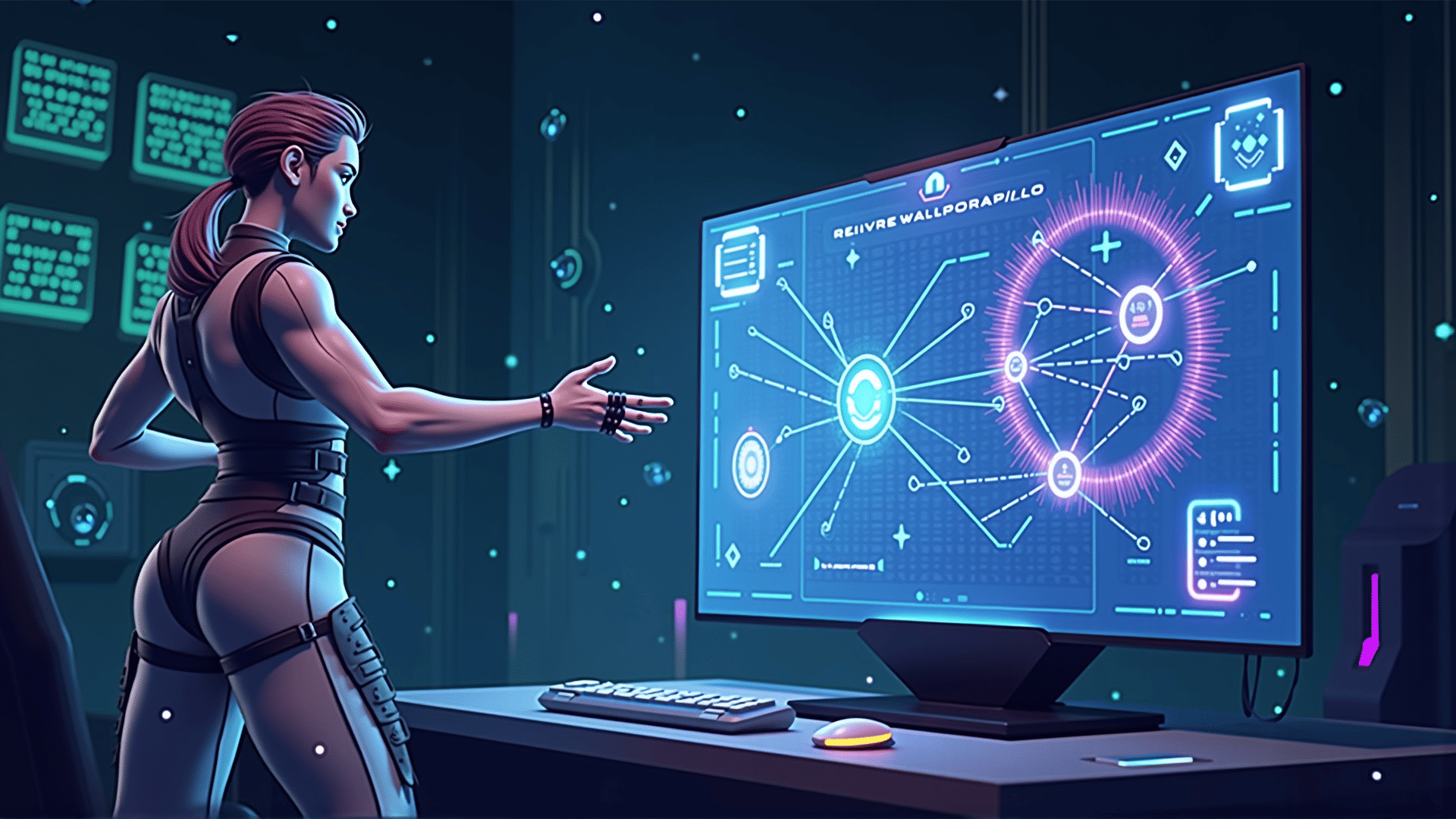In recent years, the gaming industry has witnessed a revolutionary transformation with the integration of artificial intelligence (AI). AI-powered game mechanics are now at the forefront of this evolution, offering players an immersive and ever-changing experience that adapts and responds to their actions in real-time.
One of the most significant impacts of AI in gaming is the creation of dynamic game environments. Traditional games have always relied on pre-programmed scripts and static rules, limiting the extent to which the game world could evolve in response to players. However, with AI, developers can design worlds that learn and adapt based on player behavior. This means that the game can present new challenges, alter missions, or even change entire storylines based on how gamers interact with it.
Responsive AI-driven non-player characters (NPCs) are another game-changer. Unlike their traditional counterparts, these NPCs are not confined to scripted responses. Instead, they analyze player actions and react accordingly, creating a level of unpredictability and realism that elevates the gaming experience. This adaptability can lead to more personalized and engaging interactions, making gamers feel like they’re truly part of a living, breathing world.
Moreover, AI can tailor game difficulty in real time to match the skill level of individual players. By analyzing player performance and adjusting challenges dynamically, games can maintain a perfect balance of difficulty, ensuring that players are neither bored by overly simplistic tasks nor frustrated by insurmountable obstacles. This personalized approach keeps players engaged longer, as they are continuously presented with challenges that are perfectly suited to their abilities.
AI is also enhancing cooperative and competitive gameplay by managing matchmaking systems. AI algorithms can efficiently pair players of similar skill levels and gaming styles, ensuring fair and engaging multiplayer experiences. This prevents mismatches that can lead to lopsided games, promoting a more satisfying and competitive environment for all participants.
The storytelling aspect of games also benefits significantly from AI advancements. Narrative engines harnessing AI can create complex story arcs that unfold uniquely for each player. This means that multiple playthroughs of the same game can yield entirely different stories, driven by the choices and actions of the player. This not only increases replayability but also allows for deeper and more meaningful player engagement with the game’s narrative.
While AI brings incredible innovations to game mechanics, it also poses certain challenges. Ethical considerations regarding data privacy and algorithmic fairness must be addressed to ensure players’ rights are safeguarded. Additionally, the complexity and unpredictability of AI-driven mechanics require developers to devise novel testing and debugging methods to maintain game integrity and performance.
In conclusion, AI-powered game mechanics are reshaping the landscape of gaming, offering experiences that are more dynamic, personalized, and engaging than ever before. As technology continues to advance, the possibilities for AI in gaming are virtually limitless, promising a future where games are not just played, but lived and shared in ways we can only imagine today. As AI technology evolves, so too will the immersive worlds of interactive entertainment, bridging the gap between player and game in unprecedented ways.
